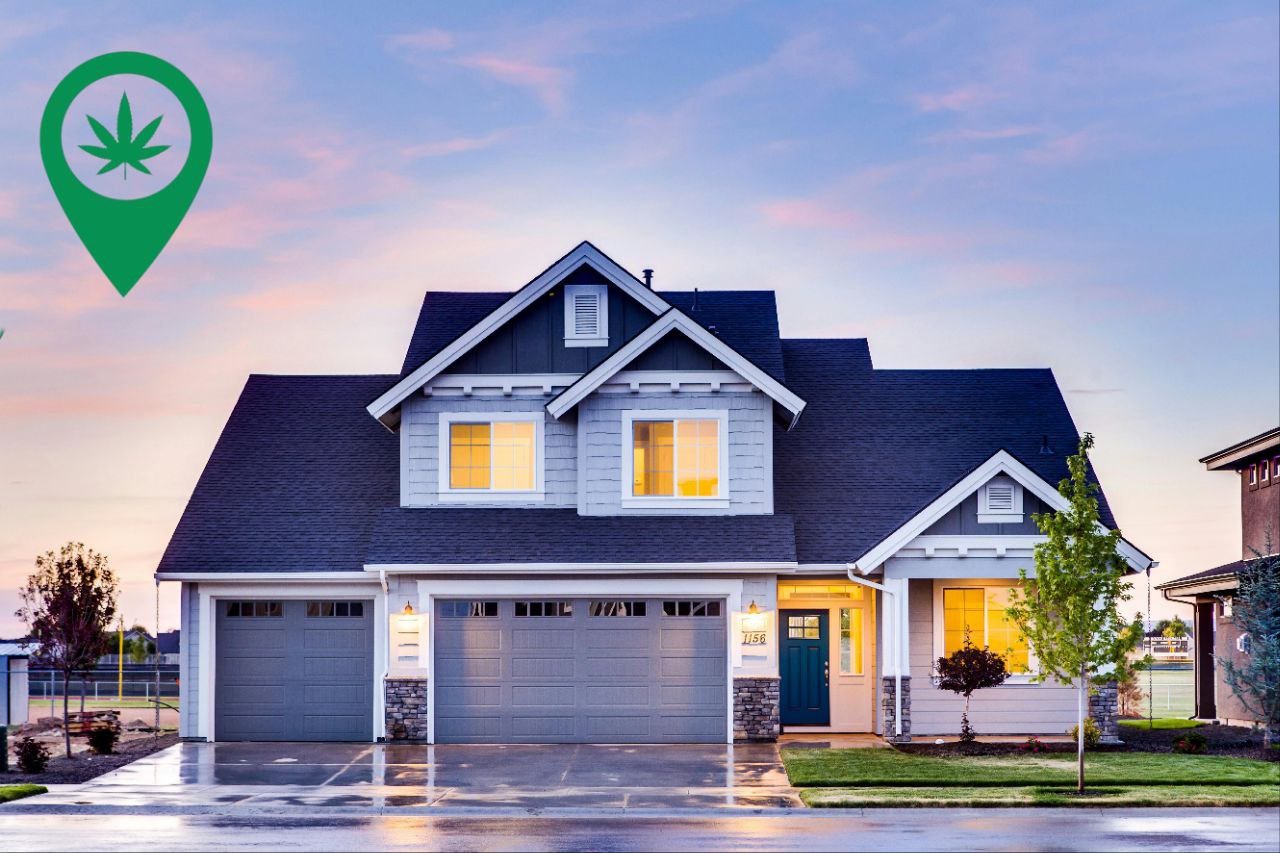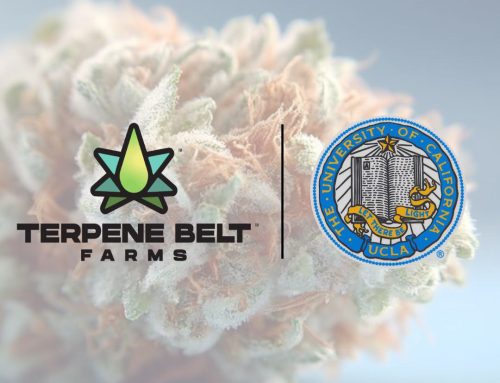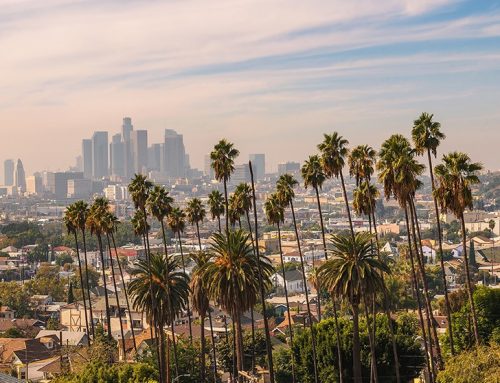Cannabis Legalization Drives Property Growth, Research Finds
LOS ANGELES – The legalization of recreational Cannabis has had a substantial positive impact on home values across the United States, effectively dispelling myths that it harms property markets.
From 2009 to 2024, homes in states with legal recreational Cannabis saw values rise by $222,958 on average, $60,327 more than the $162,631 increase in states where it remains illegal. It is estimated that the economic benefits of Cannabis legalization include billions in tax revenue, which can be used to fuel community improvements and accelerate property demand.
In 2024, the average home in a recreational Cannabis state was valued at $447,635, a 39% premium over the $320,904 average in non-recreational states. This gap has widened over time: in 2009, homes in states that later legalized recreational use were worth $66,404 more; by 2024, that difference nearly doubled to $126,731. States like California led the charge with a staggering $492,520 increase (158%), followed by Washington ($342,414, 125%) and Colorado ($336,774, 146%), both pioneers in recreational legalization since 2012.
Even medical Cannabis legalization correlates with higher growth. Home values in states with medical programs (44 states plus D.C.) rose $194,813 from 2009 to 2024, compared to $172,628 in states where Cannabis is fully illegal, a $22,185 difference. In 2024, medical states averaged $390,117, 18% more than the $329,850 in non-medical states.
Nine of the ten states with the highest home value growth have legalized Cannabis in some form. California, Hawaii ($446,247, 108%), and Washington top the list, with Idaho ($300,309, 173%) as the only non-legalized outlier. Conversely, nine of the ten states with the smallest gains are medical-only, with Louisiana seeing the lowest increase at $46,820 (29%). Illinois, the sole recreational state in the bottom ten, grew just $103,955 (60%), possibly due to high property taxes.
Newly legalized states like Ohio, Minnesota, and Delaware are poised for a $54,419 home value increase over the next five years, outpacing the $43,642 projected for non-recreational states. However, the research estimates these states missed out on $96,890 in growth by not legalizing earlier, with actual gains averaging $160,541 compared to a potential $257,431 if they had followed Colorado and Washington in 2012.
In 2024, 23 states collected over $4 billion in Cannabis sales taxes, averaging $177 million per state. California alone generated $1.009 billion, followed by Illinois ($457 million) and Washington ($454 million). Early adopters like Washington ($3.7 billion since 2015) and Colorado ($2.9 billion since 2014) lead historically, while California’s $6.7 billion since 2018 reflects its massive market. Even latecomers like Missouri ($211 million since 2023) outpace some earlier adopters. These funds, often reinvested into education, infrastructure, and public safety, enhance neighborhood appeal and drive home value growth.
For good measure, the findings debunk the “Not In My Backyard” (NIMBY) myth that Cannabis legalization increases crime or depresses property values. Instead, the economic benefits (business growth, consumer spending, and tax revenue) make legalized states more attractive to homebuyers. As more states embrace legalization, the study suggests they could unlock significant property value appreciation and fiscal gains, while those holding out may be leaving money on the table.
Source: Clever Offers




































